|
Luna para poetas asesinados Creyeron que te enterraban y lo que hacían era enterrar una semilla. Ernesto Cardenal, epitafio para la tumba de Adolfo Báez Bone revolucionario nicaragüense para los poetas de Myanmar, y todos los poetas muertos resistiendo tiranía. Inmensa, cerca a la Tierra, la luna, jala a las mareas de los mares y de la sangre. En la sombra de la Tierra, se tiñe escarlata como laca birmana por los atardeceres de la Tierra. ¿O será que se ruboriza de furia, partera, madrina de la vida? La sangre de sus sumos sacerdotes, los poetas, corre roja en las calles Pero mátenos y otros se levantarán. Palabras cargadas de verdad, belleza, amor no mueren; encienden el pensar y hacen revolución en el corazón. Moon for Murdered Poets They thought that they buried you & what they did was bury a seed. Ernesto Cardenal, epitaph for the tomb of Adolfo Báez Bone, Nicaraguan revolutionary for the poets of Myanmar, & all poets killed resisting tyranny. Huge, near Earth, the moon pulls at the tides of the sea and of the blood. In the Earth’s shadow, she is tinged scarlet, like Burmese lacquer, by the sunsets of the Earth. Or is it that she flushes in fury, midwife, godmother of life? The blood of her high-priests, the poets, runs red in the streets. But kill us and others will rise. Words freighted with truth, beauty, love do not die; they ignite thought and make revolution in the heart. © Rafael Jesús González 2021 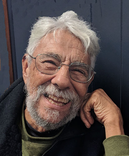 Rafael Jesús González, Prof. Emeritus of literature and creative writing, was born and raised biculturally/bilingually in El Paso, Texas/Cd. Juárez, Chihuahua, and taught at University of Oregon, Western State College of Colorado, Central Washington State University, University of Texas El Paso (Visiting Professor of Philosophy), and Laney College, Oakland, California where he founded the Dept. of Mexican & Latin-American Studies. Also visual artist, he has exhibited in the Oakland Museum of California, the Mexican Museum of San Francisco, and others in the U.S. and Mexico. Nominated thrice for a Pushcart prize, he was honored by the National Council of Teachers of English and Annenberg CPB for his writing in 2003. In 2013 he received a César E. Chávez Lifetime Award and was honored by the City of Berkeley with a Lifetime Achievement Award at the 13th Annual Berkeley Poetry Festival 2015. He was named the first Poet Laureate of Berkeley in 2017. Visit http://rjgonzalez.blogspot.com/.
0 Comments
Rinconcito is a special little corner in Somos en escrito for short writings: a single poem, a short story, a memoir, flash fiction, and the like. A Letter |
Archives
July 2024
Categories
All
|
Donate and Make Literature Happen
is published by the Somos En Escrito Literary Foundation,
a 501 (c) (3) non-profit, tax-exempt corporation. EIN 81-3162209


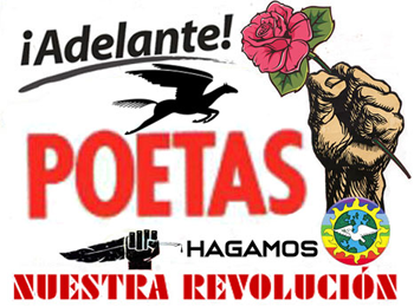

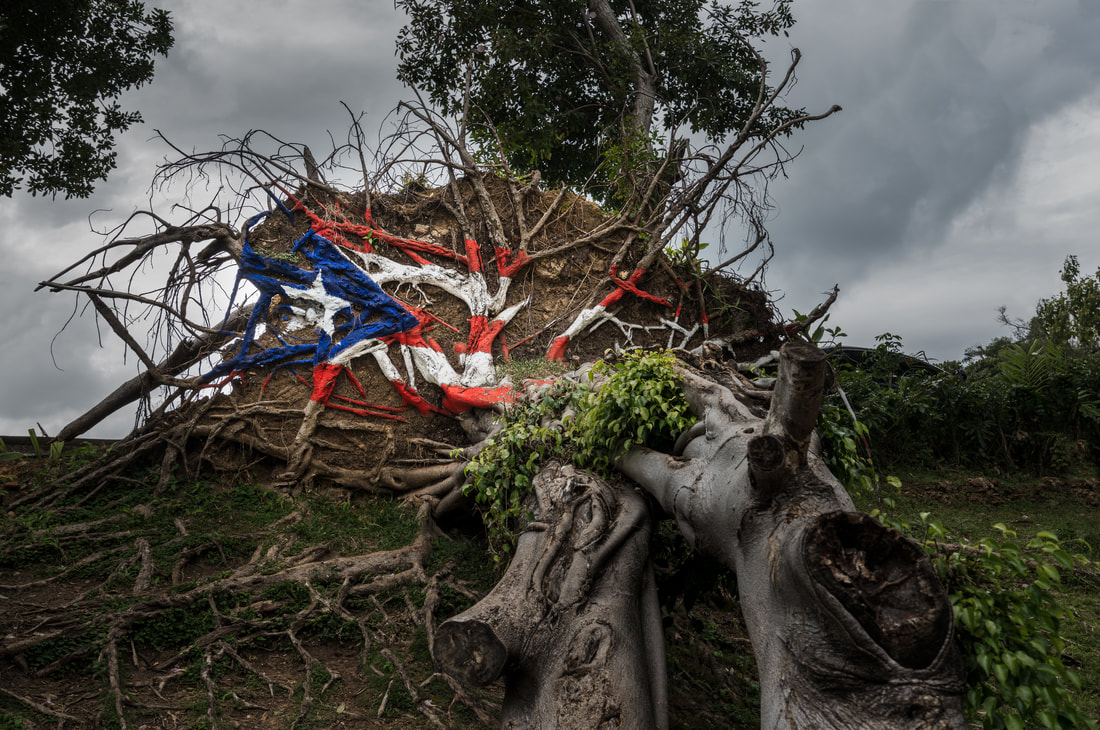


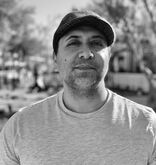
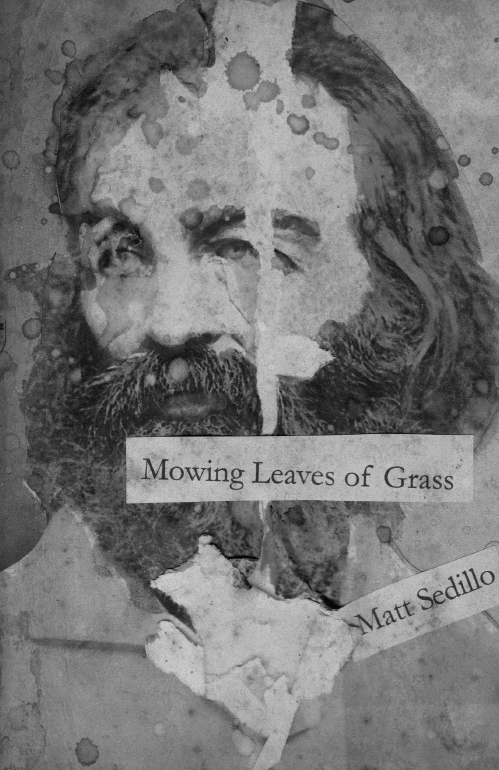
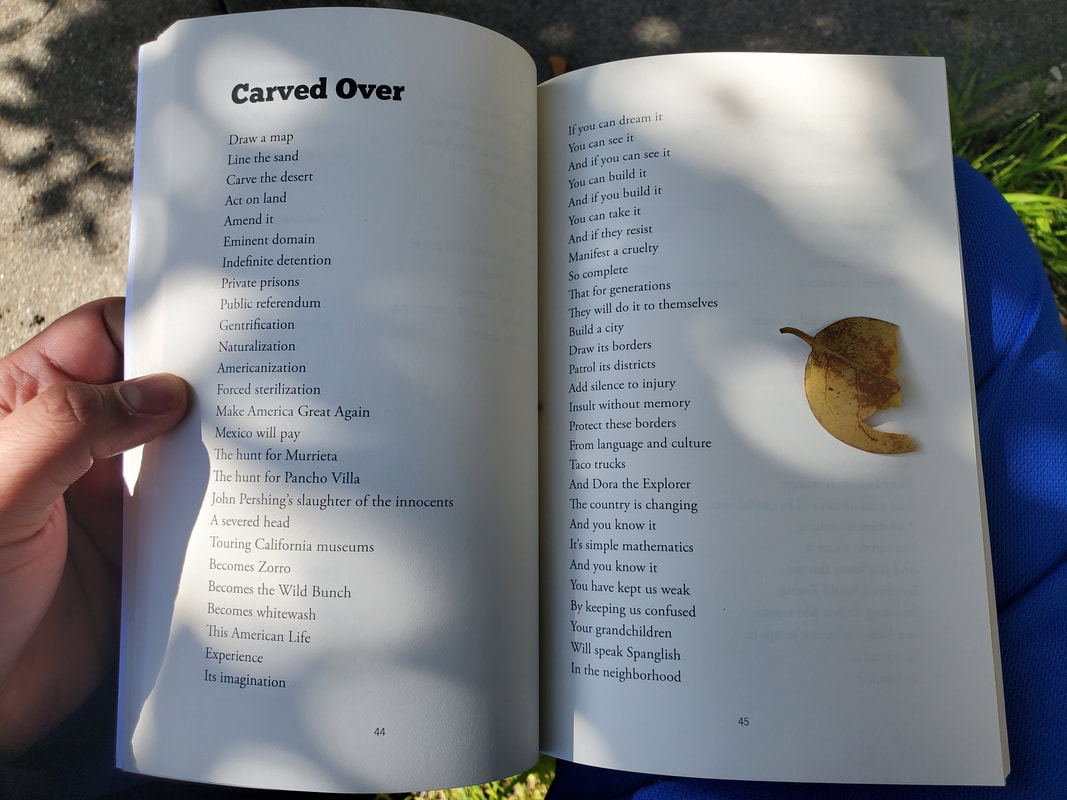
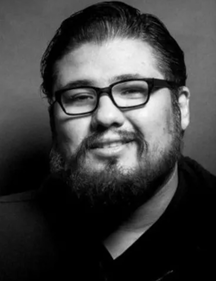
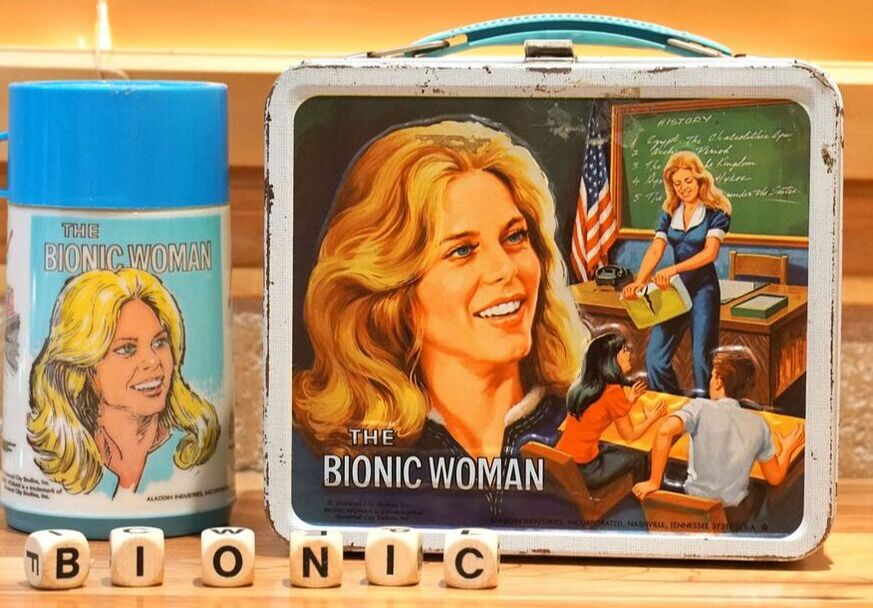

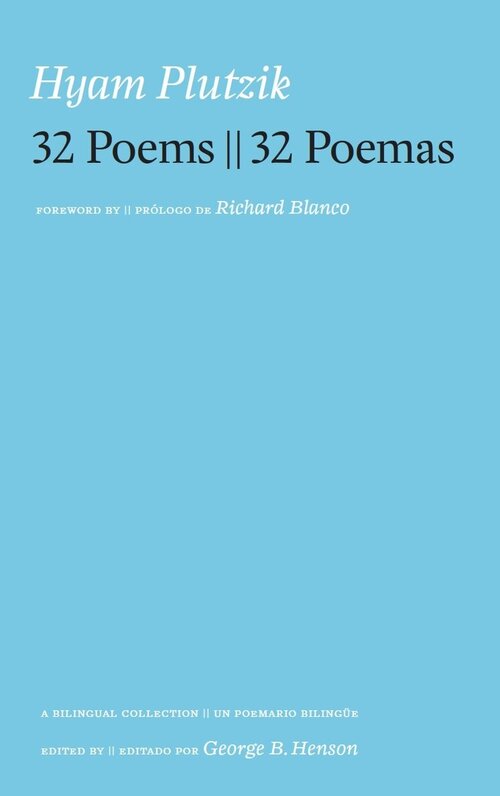

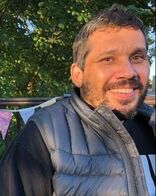
 RSS Feed
RSS Feed